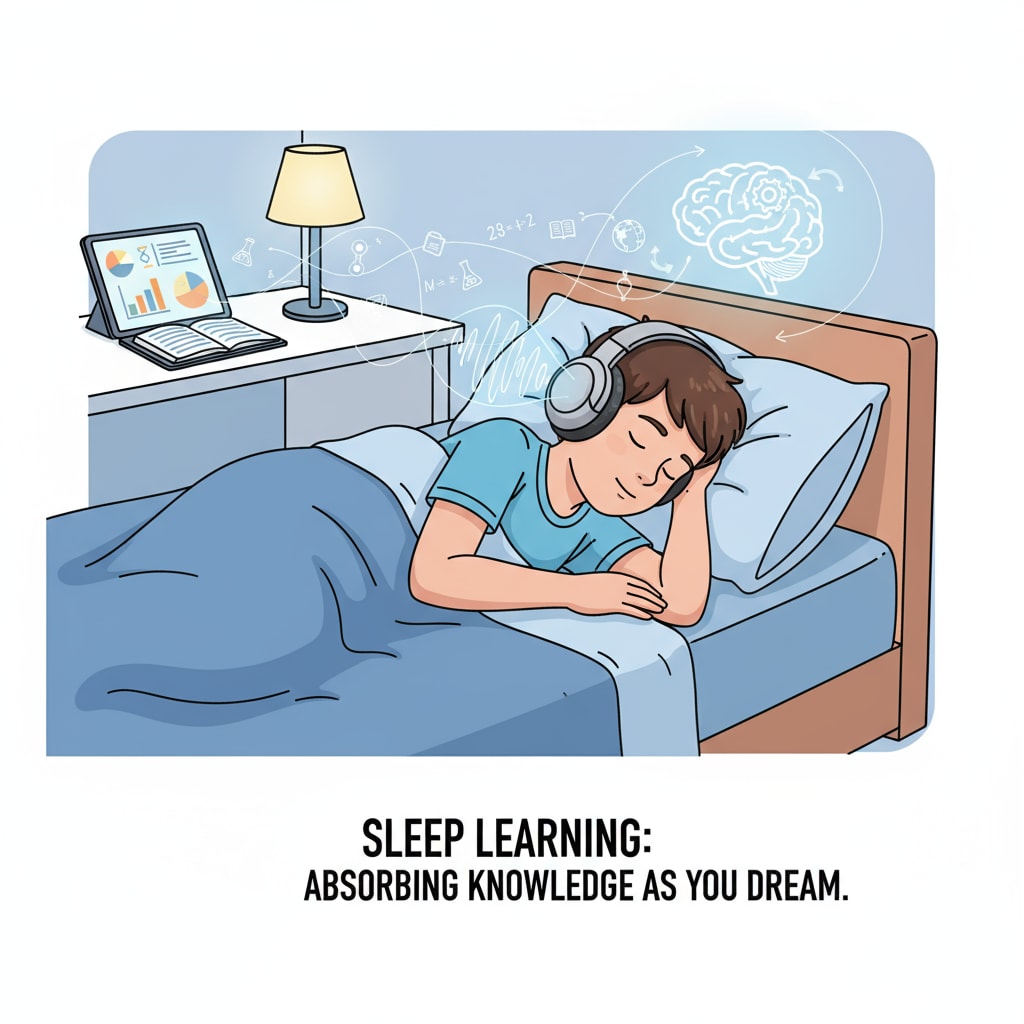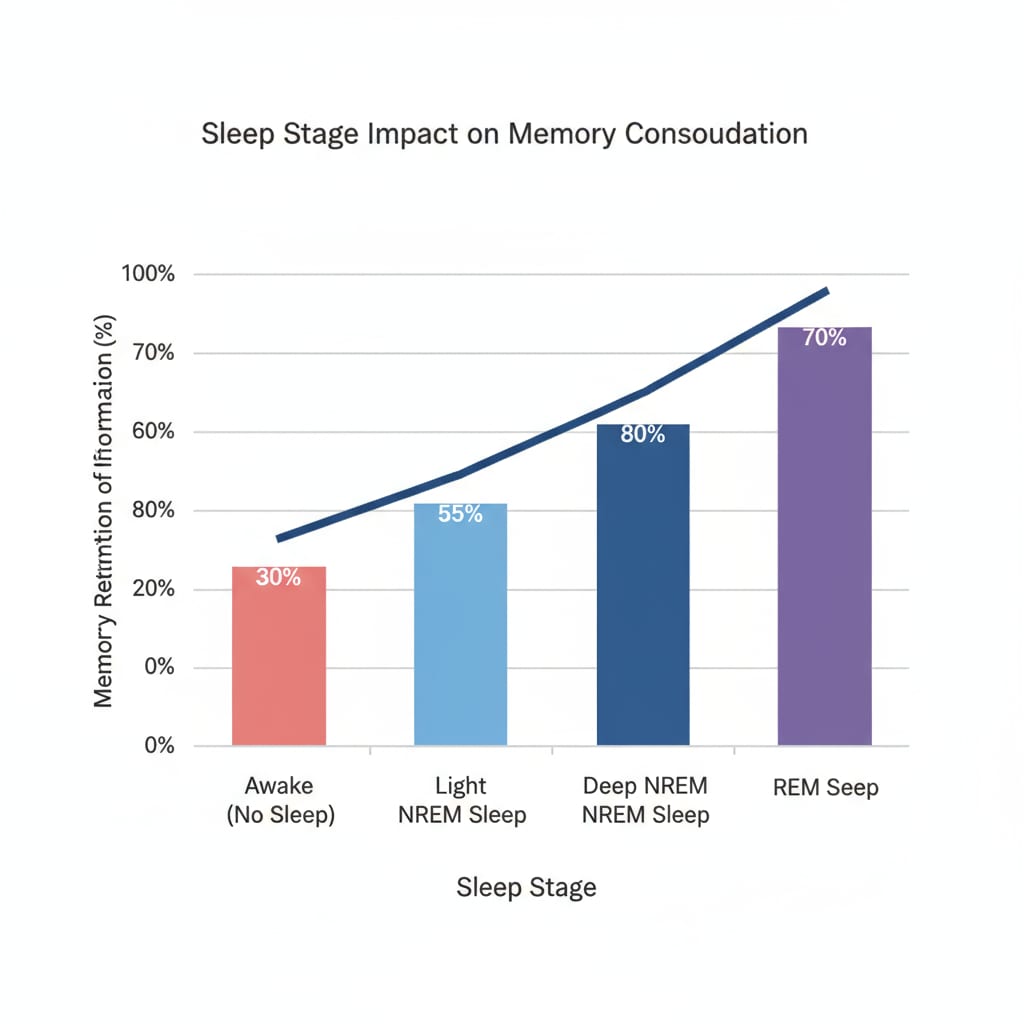Sleep learning, memory effects, and language learning have long been subjects of intrigue in the field of education. The concept of sleep learning, also known as hypnopaedia, has captured the imagination of educators and parents alike. Can students really absorb knowledge while they sleep? Let’s dive into the research and real – world applications to find out.

The Science Behind Sleep Learning
Sleep is a complex physiological process that plays a crucial role in memory consolidation. According to Britannica, during sleep, the brain replays and strengthens memories formed during the day. This process, known as memory reactivation, is thought to be related to sleep learning. When information is presented during sleep, the brain may be able to process and integrate it into existing memory networks. However, not all types of information can be effectively learned during sleep. For example, complex cognitive tasks that require high – level thinking are less likely to be mastered in this state.
Memory Effects of Sleep Learning
Research has shown mixed results when it comes to the memory effects of sleep learning. Some studies suggest that simple associations and facts can be better retained when learned during sleep. For instance, a study published in a leading neuroscience journal found that participants were more likely to remember word – pair associations when they were presented during the lighter stages of sleep. On the other hand, Wikipedia reports that for more complex memories, such as those involving problem – solving skills, sleep learning may not have a significant impact. This indicates that while sleep can enhance certain types of memory, its effectiveness depends on the nature of the information being learned.

Language Learning During Sleep
Language learning is one area where sleep learning has shown some promise. Since language acquisition involves building associations between sounds, words, and meanings, the passive nature of sleep learning may be beneficial. Some language learning programs claim to help learners improve their pronunciation and vocabulary by playing audio materials during sleep. However, it’s important to note that true language proficiency requires active engagement, such as speaking and writing. So, while sleep learning can be a supplementary tool, it’s not a substitute for traditional language learning methods.
In conclusion, sleep learning, memory effects, and language learning are intertwined in complex ways. While sleep learning is not a panacea for all educational challenges in K12, it can be a valuable addition to the learning toolkit. Educators and parents should approach it with a balanced perspective, using it in combination with other proven teaching and learning strategies to enhance students’ learning experience.
Readability guidance: This article uses short paragraphs to make the content more accessible. Each section provides a clear overview of the topic. The use of external links helps to support the information presented. Transition words like “however”, “on the other hand”, and “for example” are used to improve the flow of the article.


